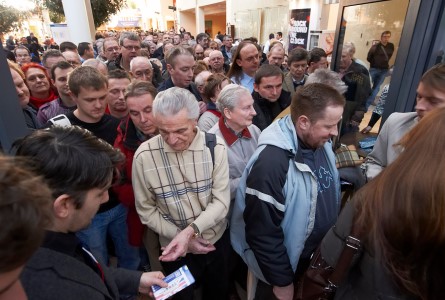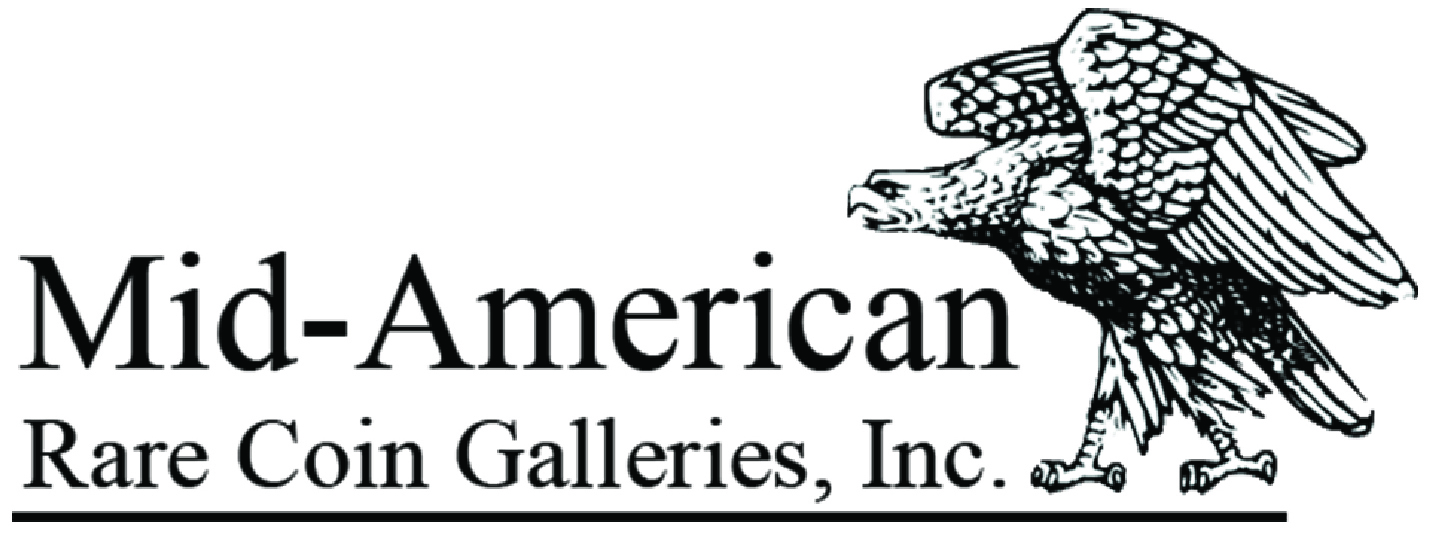During my tenure as a member of the Board of Governors for the American Numismatic Association (ANA), one of my prime responsibilities was to make decisions about ANA conventions, which is no small task given their size and importance.
The World’s Fair of Money held each summer by the ANA is one of the organization’s largest revenue sources. It is also the face of the organization to its many thousands of members who attend each year. Clubs from around the country hold meetings at these conventions and the educational opportunities offered to attendees are almost endless.
Additionally, many millions of dollars’ worth of rare coins are sold in that short week. I would estimate that sales exceed $100 million during ANA conventions. In short, the importance of the show cannot be overemphasized.
Because of all the planning and organization, the ANA is fortunate that its summer convention is usually a roaring success. Unfortunately, some rare coin conventions around the country are not so lucky. In recent years, several major shows have seen significant declines in attendance and the number of tables sold.
A case in point would be the annual convention held by the Central States Numismatic Society (CSNS) each spring in the Midwest. Twenty years ago, the CSNS show was considered one of the largest in the nation and a “must attend” event. The large bourse area sometimes exceeded 400 tables!
But last year, the show sold closer to 250 tables, and other shows around the country have experienced similar declines.
Saturation?
The reasons some coin shows are succeeding while others are faltering can be complicated. A case can be made that there are simply too many coin shows these days. Each week, there are literally a dozen or more shows around the country. Some are local, one-day events, but there are also plenty of major regional and national shows on the calendar every month.

The World Money Fair in Berlin that is held in February is massive. The attendance is understandable given that there are very few coin shows in Europe each year. If there were only a handful of coin shows in the United States each year, then the attendance at each event would be huge. Perhaps in the future, the European model of fewer shows will become the norm in the U.S.
Many believe the internet has been a game-changer for rare coin conventions. The theory is that collectors don’t need to attend a coin show when coins can so easily be found on the web. There is much truth to the fact that at any time of the day or night, you can shop for rare coins around the country. So, why go to a coin show when so much is available at the push of a button?
I actually believe the opposite is true about the internet’s impact on coin shows. The internet has created millions of new coin collectors. These collectors may start on the web, but soon find the idea of attending an actual coin show more exciting.
My analogy for this effect is the spread of legalized gambling in the United States. Many predicted that a casino in every large city would destroy the gaming industry in Las Vegas. However, the opposite proved true as local casinos introduced millions to the excitement of casino gambling, causing these folks to want to experience the “big time”–a trip to Las Vegas! I hope that is how many new collectors feel about going to an ANA convention.
Timing and Location Are Everything
Some shows suffer simply because of where they fall on the calendar. If there are too many shows in one month, the result is usually light attendance for those at the end of the month. Others have difficulty because of the location where the event is being held.
 For years, coin shows in downtown St. Louis were a “must attend” event. The Silver Dollar Show held there each fall was huge. However, the decline of downtown St. Louis and the subsequent moving of the show to a smaller venue near the airport has caused it to shrink considerably. The show is still held each year (and I faithfully attend), but now, due to changing circumstances, it is a smaller event.
For years, coin shows in downtown St. Louis were a “must attend” event. The Silver Dollar Show held there each fall was huge. However, the decline of downtown St. Louis and the subsequent moving of the show to a smaller venue near the airport has caused it to shrink considerably. The show is still held each year (and I faithfully attend), but now, due to changing circumstances, it is a smaller event.
The reorganization of the airline industry has also had a major impact on some coin shows. Many smaller-market cities have seen serious cutbacks in air service. This means fewer and more expensive flights on smaller airplanes. Coin dealers do not travel light, and most hate going to a show if it means a commuter flight. This was one of the prime reasons the ANA decided against holding its annual convention in Indianapolis several years ago.
It is also undeniable that many of the most active dealers are entering the sunset of their careers, and flying becomes more difficult as you age. I personally struggle much more with heavy cases these days than when in my prime. The enhanced security checks in the last decade have also become a burden.
Nothing Beats the Real Thing
Despite all these headwinds, most coin shows are generally in good health. If a coin show is run well, the public and collectors will attend. In fact, anytime I get concerned about the health of the market, I look around at the thousands of collectors at a typical coin show and feel better. Like me, most collectors love the excitement of going to a show and actually seeing and holding the coins they collect.
After all, where else can you go and hold museum-quality objects in your hands? Photographs on the internet have improved a great deal over the years but nothing beats seeing coins in person. Coin shows also present an incredible educational opportunity for collectors. You can see a vast array of rare coins on display, look at educational exhibits and perhaps attend an informative seminar.
Seeing a great rare coin is exciting, but for many who attend coin shows it is the people that make it special. Where else can you go and see the legends of your hobby walking about and, in most cases, very accessible to anyone attending? Coins shows are where many long-term relationships are developed. Over the years, these relationships will probably be the most important thing collectors and dealers gain from attending.
I have attended two to three coins shows every month for almost 45 years. If you do the math, that adds up to a lot of coins shows! Most of my closest personal relationships were started at coin shows. As I have stated many times in this column, finding a mentor to assist you in your collecting pursuits is very important. Coin shows are an excellent place to find a dealer or advanced collector who will share their years of knowledge with you. Regardless of what series you collect, there will probably be someone there who specializes in the very coins you are seeking for your collection.
The Early Collector Gets the Coin
One piece of advice for anyone new to attending coin shows: Try to attend the show early! Coin shows are very front-loaded as far as business is concerned. More coins are traded in the first few hours than during the rest of the event. Dealers are very eager to purchase fresh coins as they are placed in the showcases. During a good market, the bourse floor will be abuzz with activity during the set-up period.
As the early business settles down, many dealers actually start to leave. By Friday afternoon, some of the largest dealers are headed to the airport. This situation causes much consternation for collectors and show promoters. Indeed, show promoters’ attempts to make dealers stay longer has been met with limited success. Remember, many dealers like myself attend at least 25 to 30 coin shows a year. Being away from home most every weekend would be impossible for anyone trying to maintain a family life.
That said, I hope to meet anyone reading this article at the next major coin show. Just be sure to be there by Friday for the best experience!
